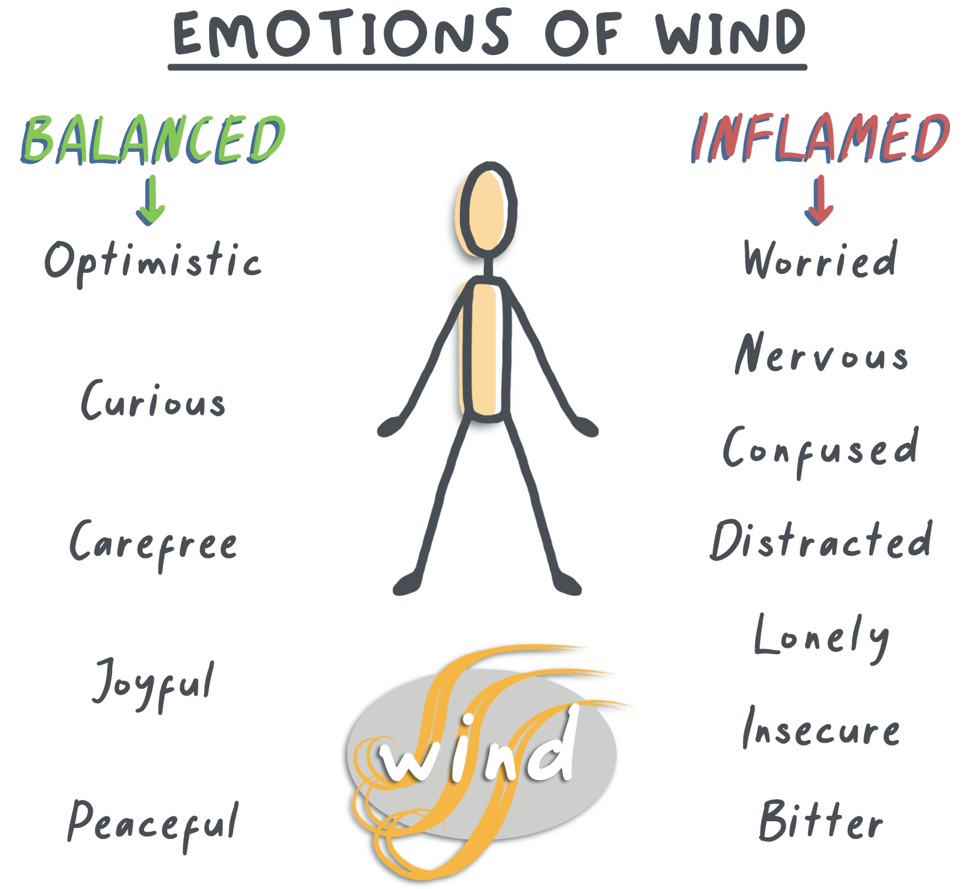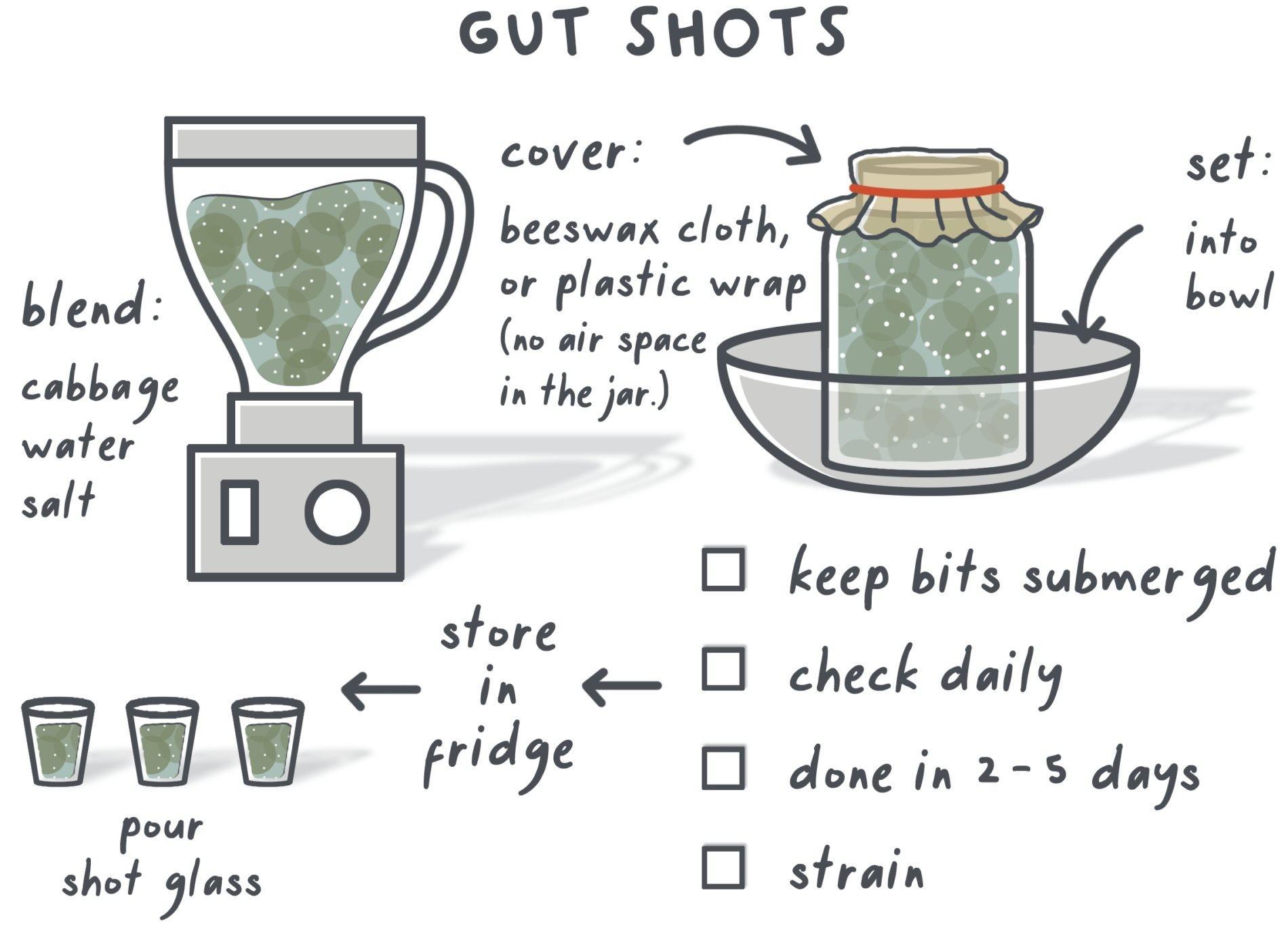Wind Body Type (Vata, Ectomorph)

WIND types are fast, fun, and, as the wind, like to fly. Wind has the element of air moving through space, or ether. Air is mobile, drying, light, cold. Ether is subtle, expansive, light and cold.
The symbol of the ectomorph catabolic type is the elongated rectangle. People with this constitution usually have thin, lithe muscles, are naturally lighter for their size, and often have fluctuating digestion, and can easily get a chill. They often unintentionally skip meals and prefer spontaneity over regularity.
WIND types in transition tend towards excitement, but anxiety overwhelms if there is too much pressure. Once a WIND type transitions into a nourishing fasting rhythm, they experience ease, stability, and a relaxed rhythm to their days.
Wind can push fire and particles of water, or earth, through space. Wind can stir up the trouble of a hurricane or soothe with a gentle breeze.
Wind is the force of movement that reverberates rhythm. When rhythm is off, a flow state doesn’t develop.
If you have trouble digesting, and experience bloating or constipation… if you get busy, forget to eat, if you are highly sensitive and more delicate, and have a hard time falling into a healthy eating-sleeping rhythm, you just might be a WIND type.
This Yogahealer podcast episode explains “What Is VATA Dosha?”1
Ectomorphs
For WIND types, energy goes to nerves over digestion. If they are emotionally charged, they can’t digest. Indigestion is often painful for this delicate constitution.
WIND disperses digestive fire through nervous energy, which results in variable digestion. Less metabolic power and less anabolic moisture make this delicate type especially ill-suited to the culture of inflammation. Out of balance, this pattern suffers digestive bloating, constipation, and emotional overwhelm.
The regularity of eating at the same time of day helps WIND types relax and gather their energy. WIND types often lack appetite in the morning, but an empty gut can also wake them during the night. They may find their digestion improves best if they begin with an 8 am to 6 pm schedule. Eventually, a 9-5 or 8-4 schedule will stabilize their rhythm with the doshic clock.
Because WIND types have variable digestion, they do well preparing food that is warm, moist, oily, and spiced. Think marinated salads, cooked soups, stews, curries, chowders. Breaking their fast with good fats—like avocado or oatmeal with ghee and chopped sprouted almonds—helps WIND types maintain good weight while stabilizing deep energy. WIND types should focus on mealtime regularity, which becomes easier with rhythmic eating.
Once the delicate WIND types adjust to fasting, they experience deep stability. This may be quite a new sensation.
They experience peace, relaxed nerves, and reliable digestive fire.
Wind Emotions
WIND emotions in balance are enthusiastic, fun, transparent, spontaneous, and exciting. If your negative emotional pattern is chaotic, driven by worry, doubt, anxiety, or confusion, you have wind imbalance. Wind blowing around stirs up fear, overwhelm, even panic. Wind types lack insulation and are most affected by violence, aggression, and loud sounds. Emotions can generate a physiological imbalance, even if the threat is abstract—such as watching a scary movie, working in a noisy environment, or being around verbal aggression.

Repetitive chaotic and stressful environments “get under the skin,” creating the imbalanced emotions of wind. This pushes the needle from an emotional to a physiologically inflammatory response.2
The positive stressors for wind types are URINE, COMMUNE, FOCUS, FERMENT, EXHALE, FAST. Wind is mobile, variable, and subtle. Each day, relaxing into a regular rhythm attunes wind types to their inspired, intuitive, creative, and spontaneous nature.
Wind Fasting Rhythm
Alternate 14/10 and 16/8 with occasional 18/6 or 20/4. You can do this during the week or for a week solid, and rotate weeks to get the feel for autophagy and metabolic flexibility.
Break fast between 8–10 am.
Dinner: 1-5 pm.

The rhythm of fasting opens a new horizon of digestive reliability, generating more profound energy over time. Symptoms dissipate as the digestive fire goes from dispersed to organized. Hunger shows up to burn brightly and digest food. Hungry on schedule and optimal digestion are the names of the game for WIND types.
This eating rhythm alone, as mentioned above, will improve digestion. WIND types should orient towards cooked or warm foods, made fresh each day, slightly oily, and dense enough. Think of rich chicken curry with vegetables, coconut milk, rice with ghee, or hot quinoa and steamed vegetable bowl with cashew dressing.
WIND types benefit most from planning their meals ahead of time—whether preparing at home or ordering in a restaurant. If a WIND type is trying to fast on green drinks, caffeine, salads, bars, and chips, they won’t last.
You can use the blank meal planner in the PRIMAL HABITS Workbook.
(clubthrive.global/uninflamed-you)

Nerves
WIND types are wired with super-sensitive nerves. Unlike cloud types, ectomorphs wear their nerves on the outside. Their emotions are transparent. They are quick to FORGIVE and forget. They can easily change states of consciousness (see TRIP).
WIND disperses energy, spending rather than investing. Time in the healing space daily lands the WIND type in rhythm. WIND types have more frequent and faster healing crises. Notably, all types have had trauma (see HEAL).

Primal Habits for Wind
- HUM
- FERMENT
- RUB
- SIP
- FAST
- HEAL
- URINE THERAPY
- EXHALE
- WALK. CRAWL. RUN.
- FOCUS
1Cate Stillman (2021b, November 7). What is Vata Dosha. Yogahealer. https://yogahealer.com/what-is-vata-dosha/
2Alexandra D. Crosswell, et al. “Childhood Adversity and Inflammation in Breast Cancer Survivors.” Psychosomatic Medicine, vol. 76, no. 3, 2014, pp. 208–14. doi:10.1097/PSY.0000000000000041.
Share this article:



Leave a Reply